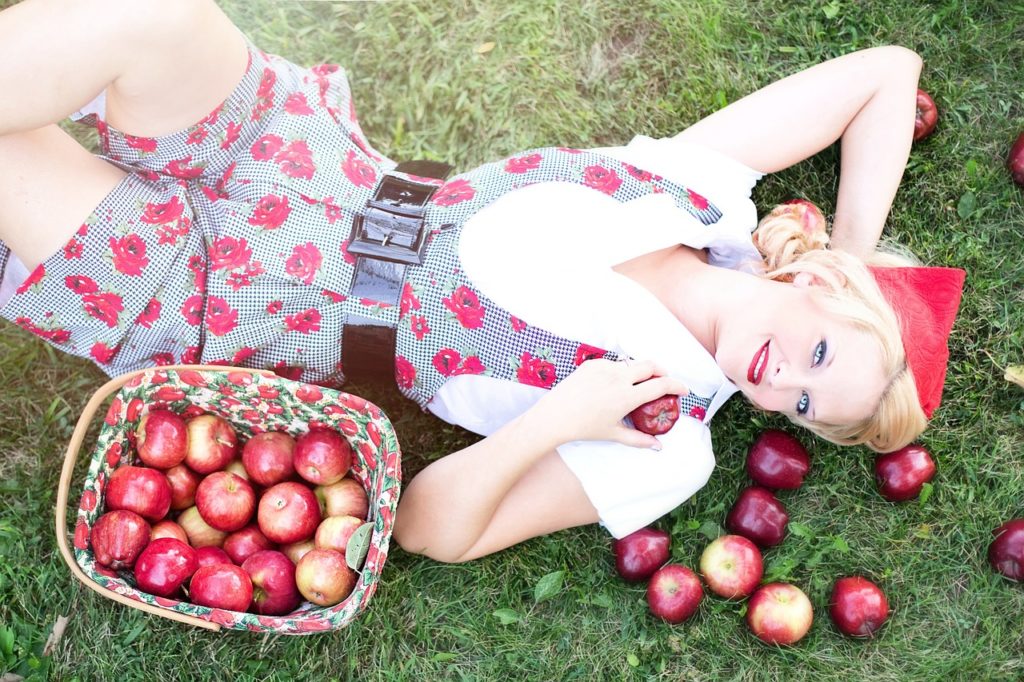There is an old saying that the Devil is in the details, but a better perspective might be that Goddess is in the details. Mistakes become apparent in details, but so do connections, facts, and patterns. Nuance of color, texture, and reflection of light are details that distinguish simple utilitarian fabric from luxurious brocades. The same level of detail distinguishes basic information such as dates of birth, baptism, marriage and death dates from images where a twinkle in an eye or a brother pulling his sister’s braid gives life to the numbers.
Incidental information may be the most interesting information, and it may convey much more than you might, at first, think it could.
When we create content for consumption by future others, we cannot know what they will want, need or expect to find. We can anticipate some of what might be of interest about us or a topic. Therefore I recommend giving as rich of a context as possible. Not everyone can evoke subtle scenes from lives with their writing. But everyone can include images, references to music, recipes and the life to fill out a basic bit of information.
 For example, if you are collecting recipes passed down to you from your mother and grandmother, including a bit of trivia might not be trivial at all. Favorite cakes recipes might make for a great chapter, but detailing which members of the family always asked for which cakes for their birthday cakes, and put in the additional information that there was a significant contingent who always lobbied for pie, includes family context. Or perhaps the fact that egg noodles were always made to use up the yolks after making angel food cake presents a bit of information about frugality in the Depression era household from which the recipes came.
For example, if you are collecting recipes passed down to you from your mother and grandmother, including a bit of trivia might not be trivial at all. Favorite cakes recipes might make for a great chapter, but detailing which members of the family always asked for which cakes for their birthday cakes, and put in the additional information that there was a significant contingent who always lobbied for pie, includes family context. Or perhaps the fact that egg noodles were always made to use up the yolks after making angel food cake presents a bit of information about frugality in the Depression era household from which the recipes came.
It rarely hurts to include tags, descriptors, or links to times, places, ages, years, seasons and even colors in basic descriptions about something. Think of them as keywords to help people when they are searching your document. Did birthday parties include everyone descended from a particular grandparent or were they more intimate without cousins or the feel of a huge family reunion where the birthday honoree could become lost in a crowd.
The time cousin Steve ran out of the house because someone brought banana cream pie and he became violently ill whenever he smelled bananas ever since the trip to Yellowstone when there was a a smelly, over-ripe banana smashed under his seat the whole second and third day of the drive.
 Think of your writing as including links to the world beyond. When was that family vacation in the VW minibus? Names and place names fill out a story and allow for pinpoints on which to hang information. People remember stories, and nouns and geography can be validated. If the story about baby chickens on Grandpa’s farm is set in Lima, Ohio, then the story when it is remembered or reread fifty years hence can be associated with the part of the family from Ohio and not the other side of the family from Montana.
Think of your writing as including links to the world beyond. When was that family vacation in the VW minibus? Names and place names fill out a story and allow for pinpoints on which to hang information. People remember stories, and nouns and geography can be validated. If the story about baby chickens on Grandpa’s farm is set in Lima, Ohio, then the story when it is remembered or reread fifty years hence can be associated with the part of the family from Ohio and not the other side of the family from Montana.
Put in details you can remember even if it seems unimportant. ” The scent of orange blossoms was thick in the air whenever we played on the patio” conveys so much more context and information than, “We played on the patio.” “We picked apples that day,” might conjure up quite distinct images. Add enough detail to disambiguate the food from flirtation.
Disengage and be aware. Change focus. After you have created something, stop for an instance and think about it from a different perspective, from that of another person, from a different doorway, from above, at night, and think about what else that additional perspective gives to the content if you include it. Soft focus? Sharp focus? Was it a porch or a back yard? Summer or fall? Were you wearing blue jeans or chiffon?
As Gregory Bateson said, “Information is any difference that makes a difference.”
—
Day 9, The Letter “I”
April Blogging A to Z Challenge
Very wise advice! Posts are so much more interesting and engaging when there are tidbits of personal or family details included, and I know I’m definitely more likely to remember them when they’re more descriptive and paint a picture. Thank you for this inspirational post!
Stories do help us remember! Glad you enjoyed it.
There are titles I have given myself over the years. Sometimes I am Cliff Claven, hoarder of all the world’s wrong facts. Sometimes I am Paul Harvey….”and that’s the rest of the story”…new broadcaster that dug deep to find out what was behind the headlines. So you can see that I loved this post. I am sharing this one with everyone. Because blogging is usually so personal we need to understand that behind every cake recipe there is a story.
Thank you.
Barbara Torris
Tangents are my life. I know my Hubby just wants me to get to the point, but storytellers cannot get from one point to the next via a straight line. And everything is more interesting that way.